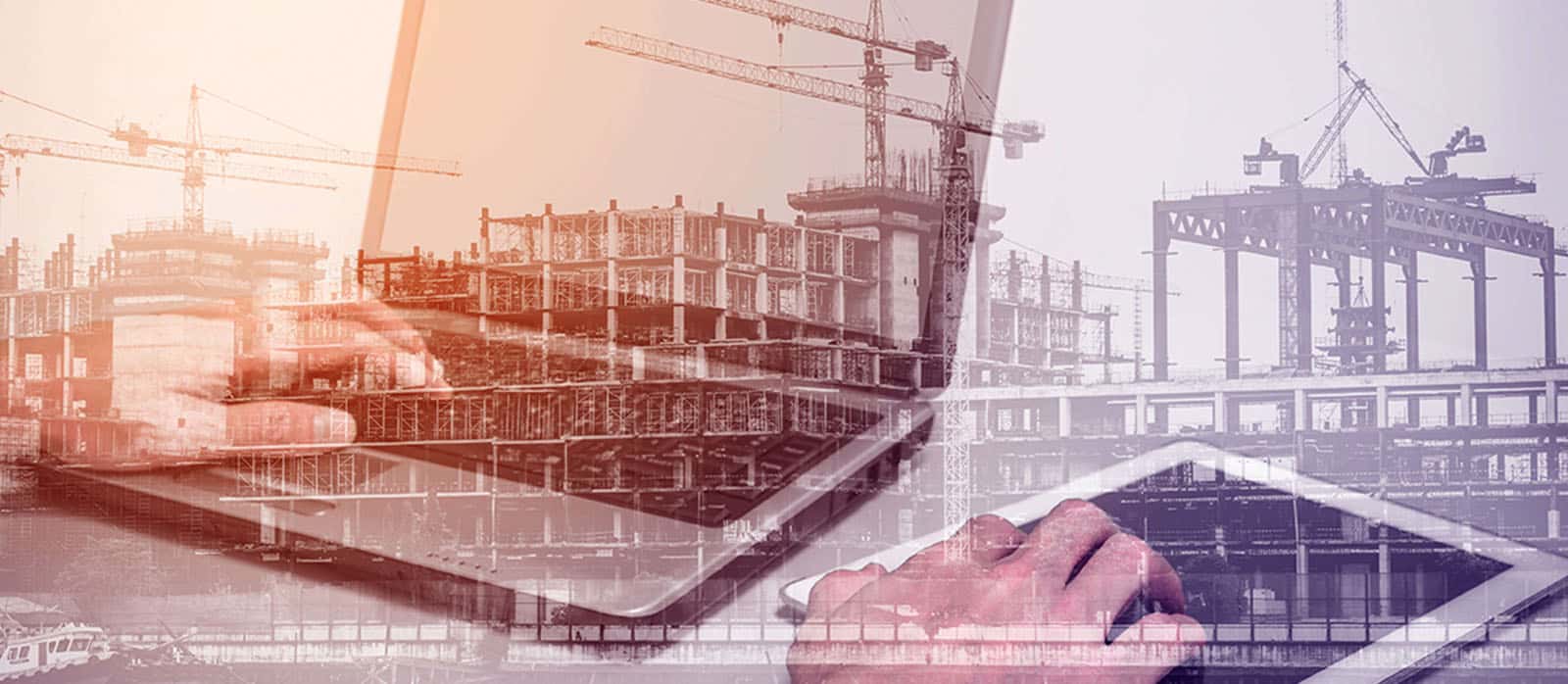“Change must come top-down!”

I’m delighted at the current trend in the engineering sector towards digitization and Digital Transformation. Yes, it’s just words at the moment, but at least it is being talked about.
Like so many ‘trends’ this also may have started as a reaction to an unfortunate situation but as they say, every cloud has a silver lining.
I’m referring to the upheaval in the oil & gas industry a few years ago when prices dropped drastically and manpower shortages hit the roof, which forced companies to downsize or merge in order to survive. Companies had to find new ways to work together in less-than-ideal circumstances and without losing effectiveness, and so they started considering IT and digitization more seriously. It still isn’t easy – in a typical project delays and budget overrun can be as much as 30 and 50 per cent respectively and the industry seemed to take those kind of outcomes for granted, but now that market demands are forcing companies to question the status quo and what is acceptable, they are finding themselves for the first time having to scale up efficiency like never before.
A lot has been written about the reason behind EPC being so slow to join the Digital revolution, so without repeating myself I will just say that the key reason, in my opinion, is the mindset towards digitization. This seems simple enough on the surface, but it has deep roots, so I’ll break down it down into a quick ‘then and now’, and why I’m more hopeful now than then.
First, for many companies, their business process is not standardised; rather, a process is created uniquely and agreed upon for each project and since every project has multiple stakeholders, enforcing that mutually-agreed-on process comes down to the human players and their relationships and each partner’s negotiation and re-negotiation skills. In such a setup, IT did not seem to offer much. What is changing now is that those ecosystems and hierarchies themselves are changing; competitors are becoming partners, multiple small companies are merging to form larger ones, companies are shifting or expanding their core competencies. All of this has created a situation that is unfamiliar and volatile and slightly hostile and definitely unpredictable. It is a situation that can be resolved only through digitization because only digitization eradicates human unpredictabilities and errors and inefficiencies and adds a hitherto unheard-of level of transparency and accountability.
Second, the perception of what IT can do is changing. Earlier, better communication and better storage were pretty much the only things expected from IT. There was also a subtle but quite sincere belief that EPC’s problems were complex and many-layered, that it is a unique industry with unique bottlenecks that would not easily respond to a ‘simple’ solution like mere digitization…and so on. (I may be oversimplifying but on the whole, I think this is a fair assessment). Technology creators like myself had to stop selling technology and start selling ‘business analysis’ services, more or less. I had to sit with customers to break down their business process; what challenges they were facing, which were internal and which were external, what was causing those challenges, what external factors were affecting internal output and vice versa, why the solutions they already tried did not work as expected and/or what was making said solutions so difficult to implement. This was obviously not a quick process and in the meantime the global market was leaping ahead and so the EPC industry was always playing catch up. What is changing now is that, quite simply, time has run out. Now it’s catch up or get left behind permanently.
The third (and to my mind most hopeful) change is that it is coming top-down ie from the Project Owners. Now owner organisations are coming under scrutiny and becoming more accountable for the money they spend. Earlier, there was no pressing demand from or for owners to ensure visibility and accountability, and that attitude trickled down to the rest of the project players and created an odd kind of complacent/resigned equilibrium that somehow worked (up to a point). Now that equilibrium has been shattered and owners are waking up with a vengeance and starting to demand transparency. When owners stop accepting project delay and overrun as an inevitable fact of life, everyone else will stop accepting it also. When owners get more aggressive about staying on track, everyone else will have to comply. When owners get proactive about solving the industry’s bottlenecks at the root, the industry will have no choice but to collectively pull its socks up.
All of which leads to – digitization. Because digitization is the ONLY way to create the visibility, transparency, accountability and efficiency needed to turn EPC around.
And that is why I’m very hopeful of the future of IT for EPC.
Agree? Disagree? Drop me a line!
